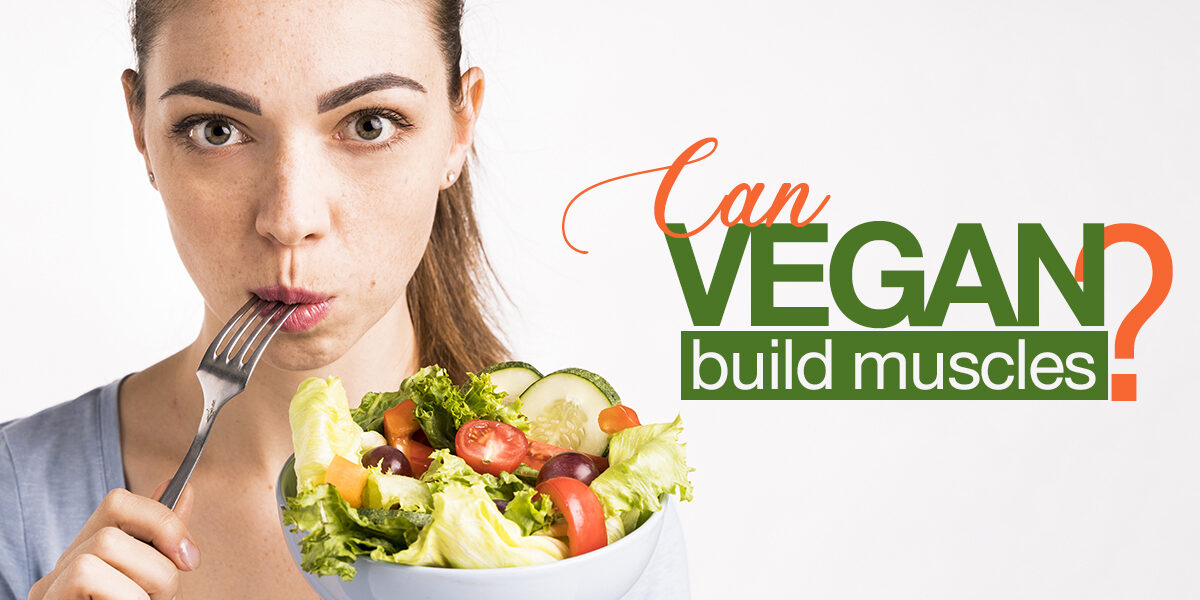I am a vegan I don’t eat eggs or meat. Will I ever be muscular?
Are you a vegan and do you often ask yourself this question?
What if I told you that a no of top athletes like the tennis duo William sisters Serena Williams and Venus Williams, Indian cricket team captain Virat Kohli, the father of calisthenics Frank Medrano, famous bodybuilder Torre Washington and powerlifter Rachel Stein all have adopted the vegan lifestyle. Apart from a growing no of vegan athletes being added every day to the list.
More and more people are adopting to vegan lifestyles and diets in recent times. Many supermarkets have shelves filled with organic food and also there is an increase in no of organic natural and organic local markets all around the globe.
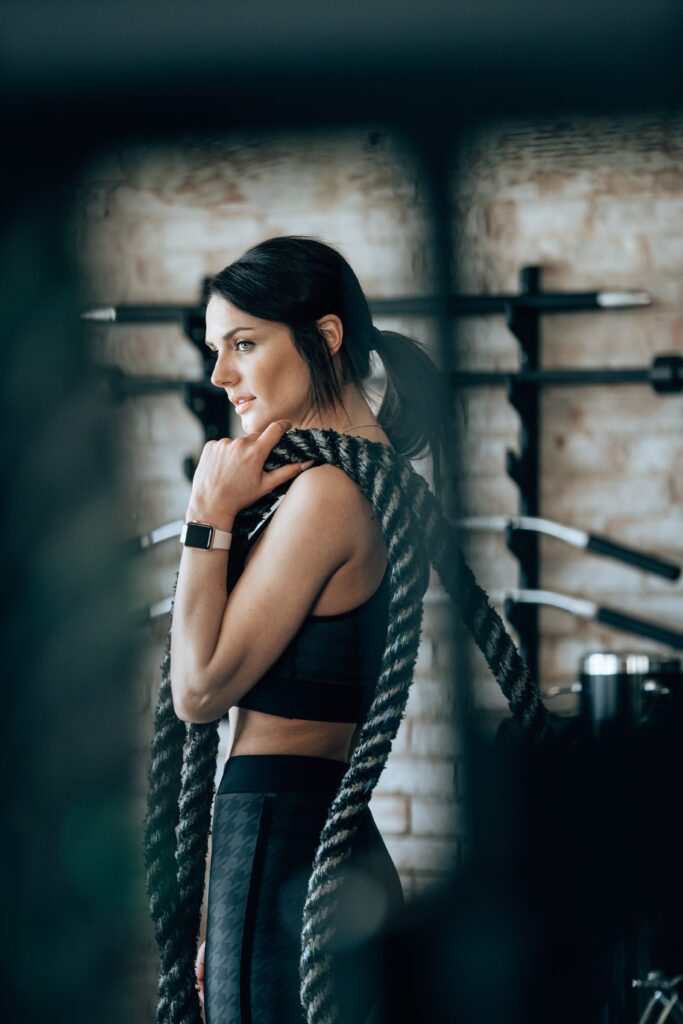
And when it comes to bodybuilding it is possible to build muscle and lose fat at the same time on a plant-based diet. Vegan bodybuilding is, of course, tricky and requires more consistency and strictness when it comes to nutrition as compared to bodybuilders who consume meat and dairy products. But with that being said I would also like to add that it’s not impossible to build muscle and lose fat on a plant-based diet even for regular gym-goers.
Vegetarians are often divided into different kinds based on their eating habits and what all they include their diet. There are 4 types of vegetarians as follows :
Lacto-Ovo Vegetarianism: Lacto-Ovo vegetarians are people who do not eat meat, but do consume dairy products (lacto) and eggs (ovo) as a part of their diet. Lacto-Ovo vegetarianism is sometimes recommended as a dietary therapy for a variety of conditions, including heart disease, cancer, diabetes, stroke, high cholesterol, obesity, osteoporosis, hypertension, gout, gallstones, kidney stones, ulcers, colitis, hemorrhoids, premenstrual syndrome, anxiety, and depression.
Lacto Vegetarianism: A lacto vegetarian diet is a vegetarian diet that includes dairy products such as milk, cheese, yogurt, butter, cream, and kefir. Unlike a lacto-ovo vegetarian diet, eggs are excluded. This diet is popular with many followers of Eastern religious traditions, such as Sikhism, Jainism, Hinduism, and Buddhism. It has also been popularised internationally since the 1960s by the Hare Krishna movement.
Ovo Vegetarianism: Ovo vegetarians are vegetarians who eat eggs but not meat or dairy products.
Veganism: Vegans (pronounced vee-guns) are vegetarians who do not eat any foods (eggs, dairy products, meat, etc.) derived from animal sources. Most vegans also do not use products that require for their production the death or suffering of animals, such as leather, fur, wool, and certain cosmetics.
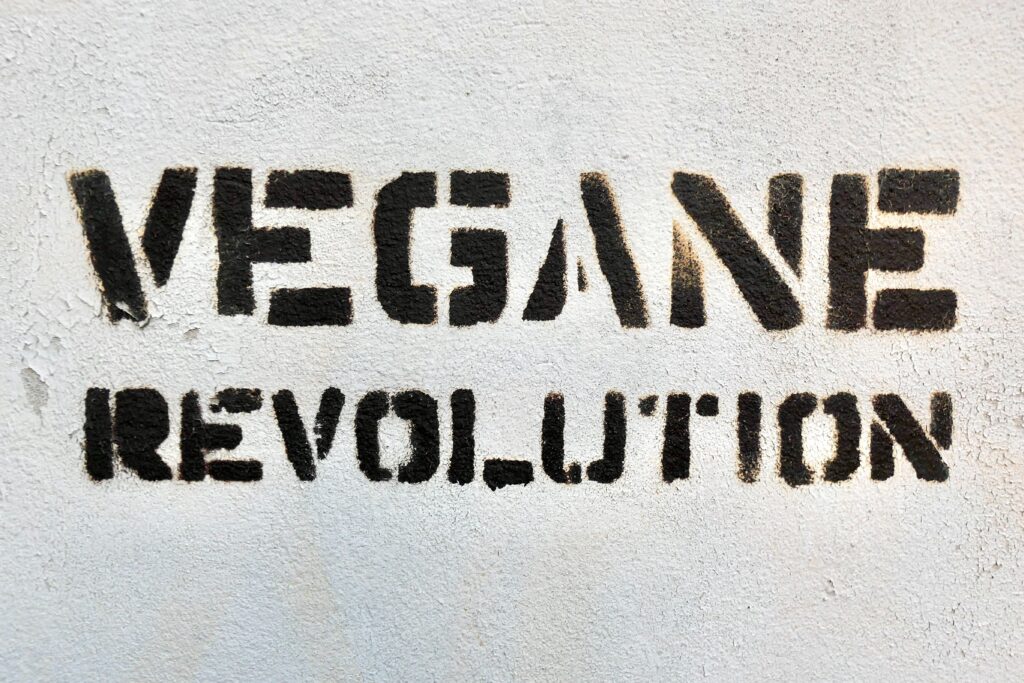
So how should one go about it?
To build muscle one needs a fitness plan, enough protein, and water. Just like one can build muscle by various types of workout regimes y doing bodyweight training, weight lifting, or even powerlifting. Similarly, one can get protein from various sources sticking to a plant-based diet or people opting for a meat-based diet.
Not only plant-based diet helps to build muscles but it also helps to deliver more energy, better sleep, and athletes say they feel plant-based diets help them excel in sports and training better than their meat-eater opponents.
Earlier an athlete’s diet used to be pancakes, eggs, chicken bacon, etc but with the onset and gaining popularity of veganism things like kale, sunflower seeds, fruits, and vegetable are being major parts of a meal plan of an athlete. A vegan meal plan also includes lentils, chickpeas, quinoa, legumes, etc. A slice of multigrain bread and two tablespoons of any nut butter is equivalent to almost 15 grams of protein and it’s all coming from natural plant-based sources.
You also need to consider the fact that if you are being vegan and active you will get more hungry. So one needs to invest in proper food sources.
How to make the most of a vegan diet for bodybuilding
1. Don’t Neglect Chickpeas And Legumes
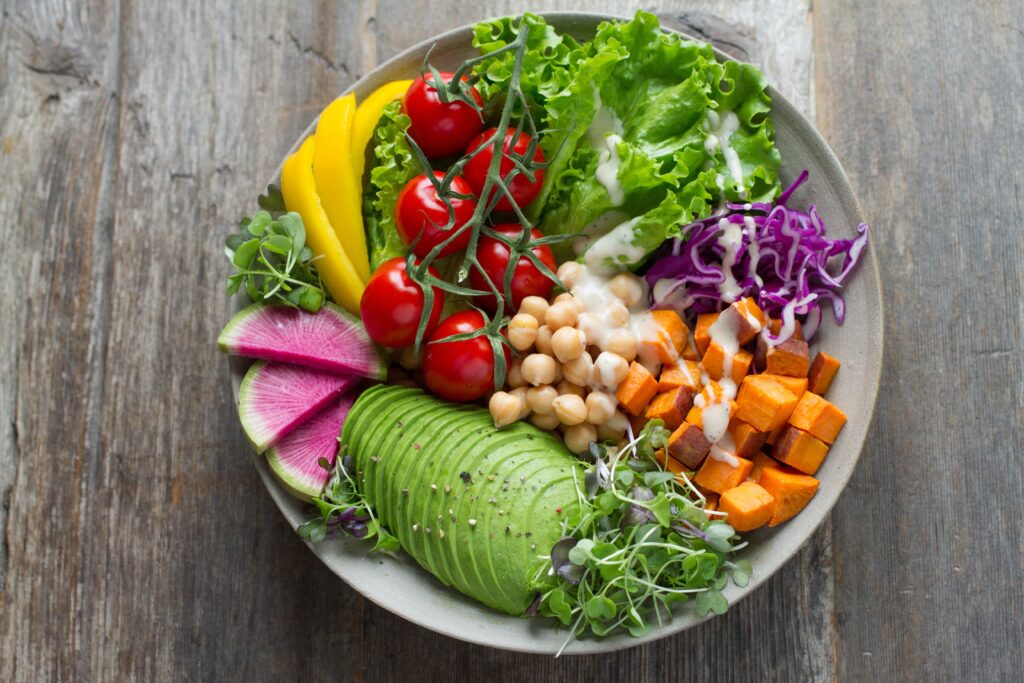
For vegetarian bodybuilders, one of the main sources of protein are chickpeas and other legumes. They are not only a good low-fat source of carbohydrates but they also can be consumed as a great snack.
2. Swap Rice For Quinoa
If you consume brown rice its time you switch them with quinoa instead. Quinoa is a combination of brown rice and oatmeal and taste just like brown rice. It has a higher protein content than brown rice.
3. Utilize Nuts For Fuel
Nuts are a healthy source of fat and a great source of long-lasting energy as well. Only a handful of nuts will boost your calorie intake and help make muscle gains much easier.
4. Take In Plenty Of Flaxseeds, Walnuts, And Flaxseed Oil
Since being vegan one doesn’t consume fish or fish oil and so one needs to consume other sources of omega also known as good essential fatty acids. The best vegan sources for omega are flaxseeds, flaxseeds oil, and walnuts.
5. Start Adding Peanut Butter
Another great source of omega and a great way to boost calorie intake is to add peanut butter in your diet.
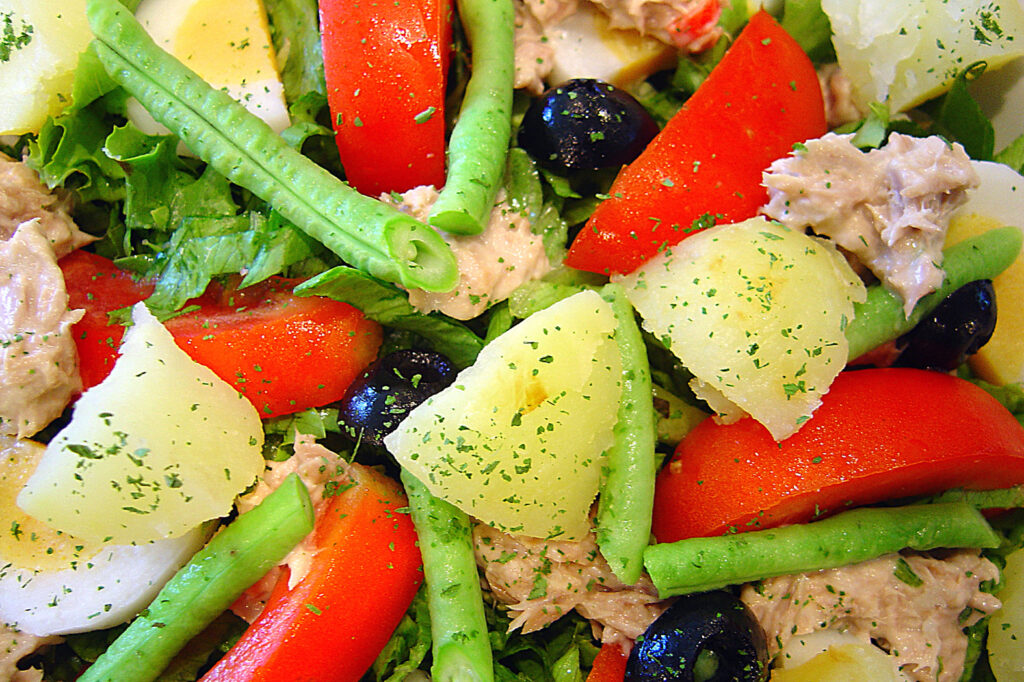
6. Focus On Broccoli And Spinach Intakes
Two other great vegetables to add in a vegan diet plan are broccoli and spinach. Both are a great source of calcium which one may fall short of if not consuming dairy products. And are also a great source of protein if one goes to a vegan diet.
With all the above information one needs to understand that it’s not impossible to build muscle on a vegan diet. It is little difficult than being on a non-vegan diet where one consumes dairy products and meat, but it’s possible to have a great physique being on a vegan diet and as the study and research proves that vegan athletes perform better than the non-vegan athletes.


